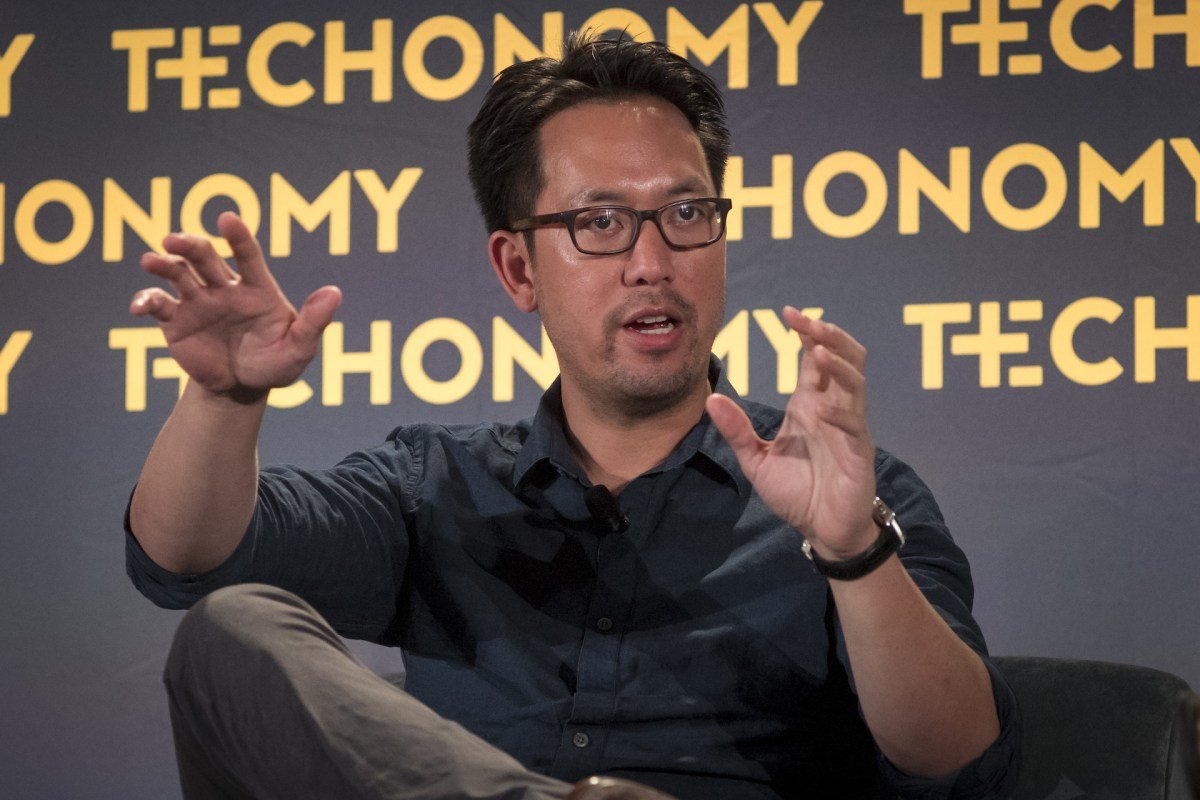Opendoor co-founder Eric Wu has made the decision to step down from his position at the real estate tech company, according to a recent SEC filing. After a decade at the helm, Wu stated that he is being drawn back to his startup beginnings and the opportunity to create and build once again. In his statement, he expressed his gratitude for his team and their role in shaping the company’s product, culture, and overall success.
While Wu may be leaving his executive role, he will remain an advisor to both Opendoor and its board. He has also been actively investing during his time at the company, with Crunchbase reporting that he has invested in numerous companies including Airtable, Scribe, Roofstock, and the now-defunct Zeus Living.
Over the last nine years, Wu had been gradually decreasing his executive responsibilities at Opendoor. In December of 2020, he officially announced his departure from his role as CEO to take on the position of Opendoor’s president of marketplace.
Like many others in the real estate industry, Opendoor has faced its share of challenges in light of soaring mortgage interest rates, which have reached nearly 8%. This has made it more difficult for individuals to purchase homes, and in response, the company announced in November of 2022 that it would be laying off 18% of its workforce, which equates to about 550 employees across all departments.
Wu acknowledged the tough market conditions, stating that Opendoor was navigating “one of the most challenging real estate markets in 40 years.” Despite these challenges, the company still managed to go public in late December of 2020 through a merger with the SPAC Social Capital Hedosophia Holdings II, led by investor Chamath Palihapitiya. This came after raising over $1.3 billion in equity funding and almost $3 billion in debt financing from investors such as General Atlantic, SoftBank Vision Fund, NEA, and more. Founders Fund general partner Keith Rabois is also a co-founder of Opendoor alongside Wu.
In addition to Wu’s departure, this past week saw other high-profile founders step down from their respective companies. On Thursday, Credit Karma co-founder Nichole Mustard announced her departure from the company after more than 16 years. Likewise, Lattice founder Jack Altman shared that he would be stepping down from his role at the software startup he founded in 2015, stating a desire to return to the early stages of building a company.
If you want to stay up to date on all things fintech, be sure to sign up for The Interchange newsletter. And if you have any news tips or inside information about a topic covered by TechCrunch, you can reach them directly at maryann@techcrunch.com or tips@techcrunch.com. They always respect requests for anonymity.









[…] a comeback (sort of), new fintech-focused venture firm capital raises (Flourish and Vesey), some startup shutdowns (Daylight is one example) and more layoffs than we would have […]